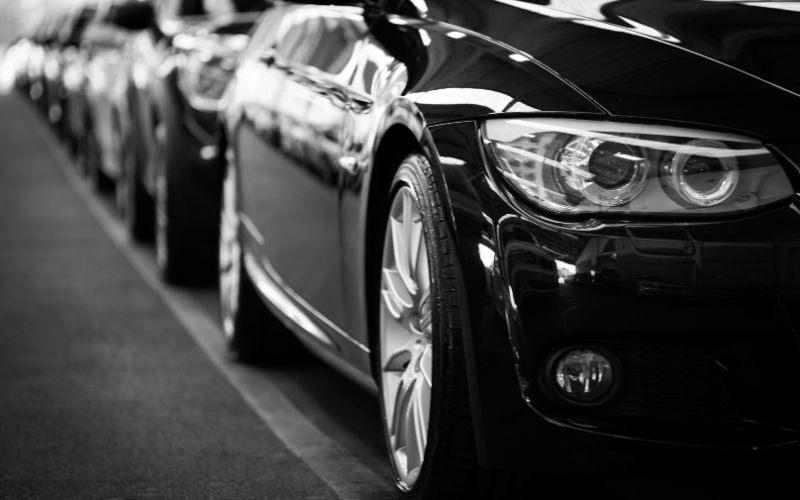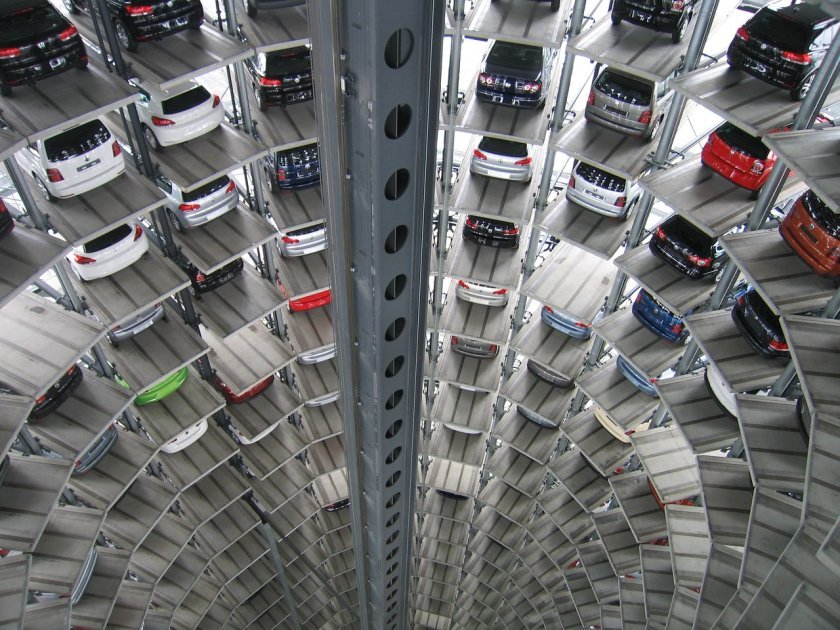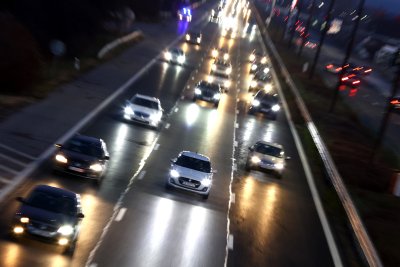ИЗВЕСТИЯ
Моите новини
Патриарх Даниил: Нека мирът и любовта бъдат с всички нас
Чете се за: 07:17 мин.

Опасно време: Оранжев и жълт код за обилни снеговалежи на...
Чете се за: 02:05 мин.

На работа по празниците – какво заплащане ни се...
Чете се за: 02:12 мин.

Тръгвайте на път готови за зимни условия, призовават от АПИ
Чете се за: 02:02 мин.

Бъдни вечер е!
Чете се за: 03:02 мин.






 Чуй новините
Чуй новините Подкаст
Подкаст

























